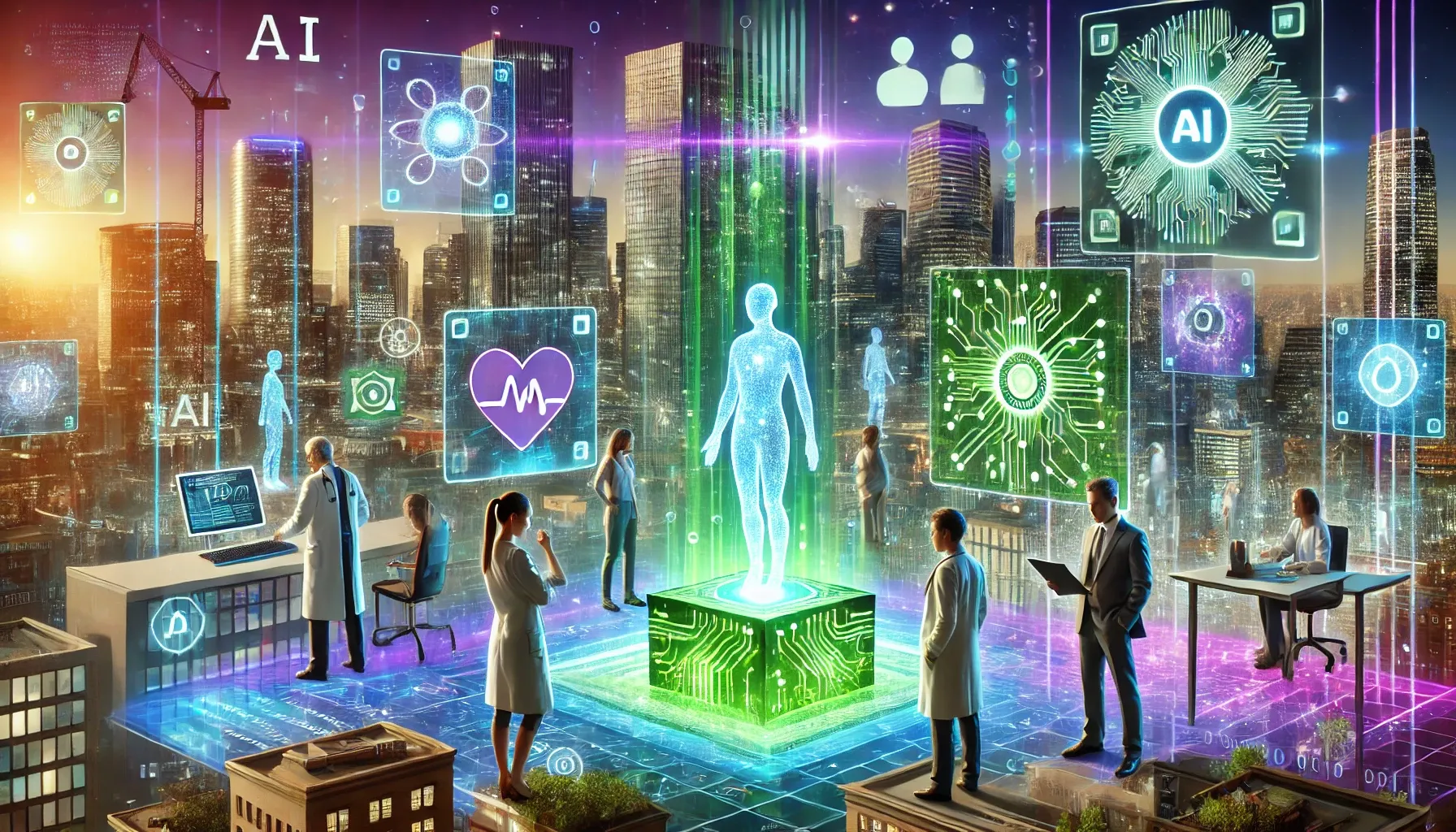As we step into 2025, artificial intelligence continues to reshape our world in ways both expected and surprising. While the initial hype around AI has settled, we're now seeing its true transformative power across various sectors. Let's dive into the AI trends that are genuinely changing the game in 2025.
The AI Revolution Accelerates
2025 marks a significant shift in how AI is integrated into our daily lives and business operations. We're no longer just talking about potential; we're seeing tangible results1.
Exponential AI: Beyond the Basics
AI has accelerated into more aspects of organizational operations. It's not just about chatbots anymore; we're seeing AI deeply embedded in decision-making processes, from inventory management to customer service strategies1.
Expert Models: Specialized AI Training
Companies are creating advantage through specialized AI training. These expert models are tailored to specific industries or tasks, offering unparalleled efficiency and insights1.
AI Sovereignty: Maintaining Control
As AI becomes more prevalent, there's a growing focus on maintaining control while harnessing its power. Organizations are developing strategies to ensure they retain sovereignty over their AI systems and data1.
The Rise of AI Avatars
Digital simulations are mimicking humans in text, audio, and visual channels with uncanny accuracy. AI avatars are becoming increasingly common in customer service, education, and entertainment1.
Quantum AI: The Next Frontier
While still in its early stages, the combination of quantum computing and AI promises to supercharge AI capabilities. This could lead to breakthroughs in fields like drug discovery and climate modeling4.
AI in Cybersecurity: A Two-Edged Sword
As cyber threats become more sophisticated, AI is playing a crucial role in both attack and defense. We're seeing AI-powered systems that can detect and respond to threats in real-time, while also being used to create more convincing phishing attempts4.
Sustainable AI: Green Computing
There's a growing awareness of AI's environmental impact. In 2025, we're seeing concerted efforts to make AI more sustainable, from using renewable energy in data centers to developing AI applications that improve sustainability in other industries4.
AI in Healthcare: Personalized Medicine
Biotech and AI are converging to revolutionize healthcare. We're seeing AI-driven advances in personalized treatments for genetic disorders and tailored cancer therapies6.
The Democratization of AI
With the rise of "AI as a service" and pre-configured AI models, smaller businesses and individuals can now leverage AI capabilities that were once the domain of tech giants2.
Navigating the Post-Hype Era
While AI continues to advance rapidly, 2025 is also a year of reckoning. Companies are now able to measure the real impact of their AI investments, separating hype from reality8.
The AI Adoption Challenge
Despite the progress, only about 10% of companies are using AI in any material way, with 51% still in the experimentation phase2. 2025 is the year many companies move from testing to full implementation.
Measuring AI's True Value
With several years of data now available, businesses can better quantify AI's impact on performance metrics like error reduction rates, customer satisfaction, and revenue improvement8.
Conclusion: The AI-Augmented Future
As we navigate 2025, it's clear that AI is no longer just a buzzword. It's a fundamental part of how we work, live, and innovate. The most successful organizations are those that have learned to work symbiotically with AI, leveraging its strengths while maintaining human creativity and critical thinking. The future is not about AI replacing humans, but about humans and AI working together to solve complex problems and create new possibilities. As we continue to explore and refine these technologies, one thing is certain: the AI revolution is just getting started.
